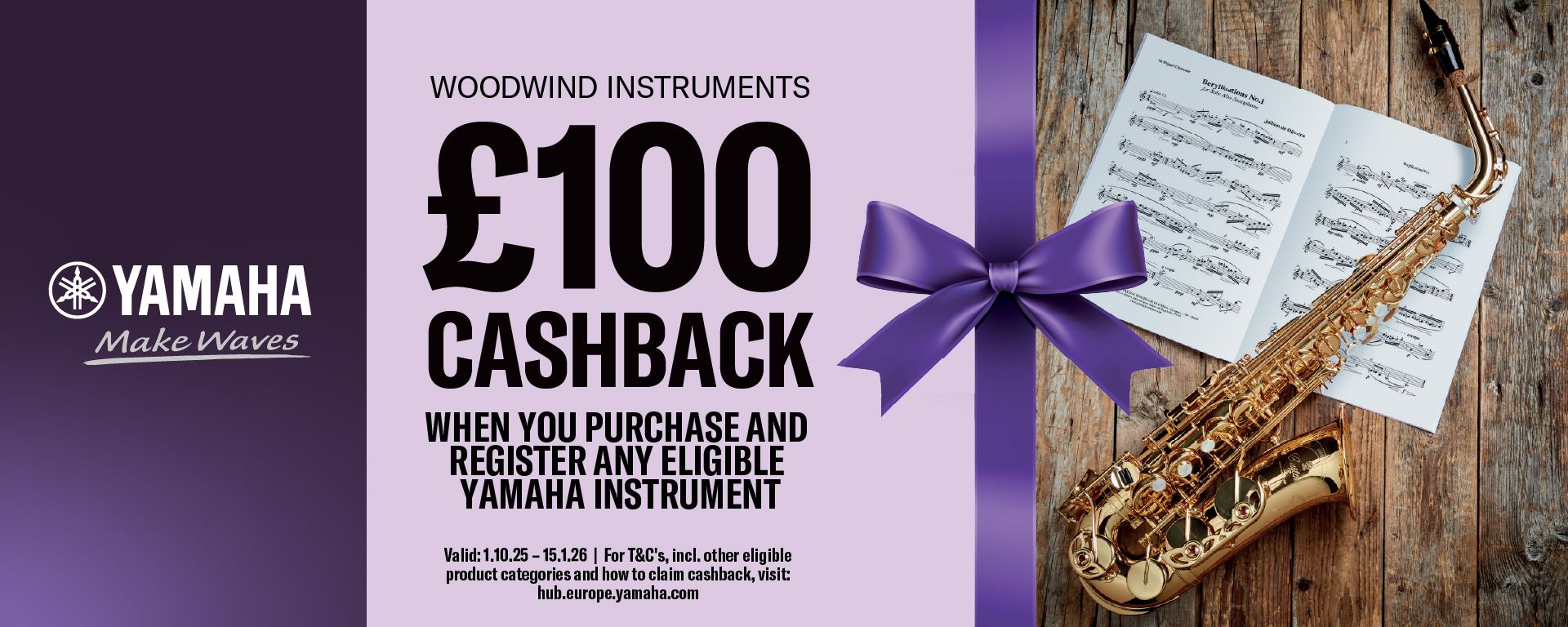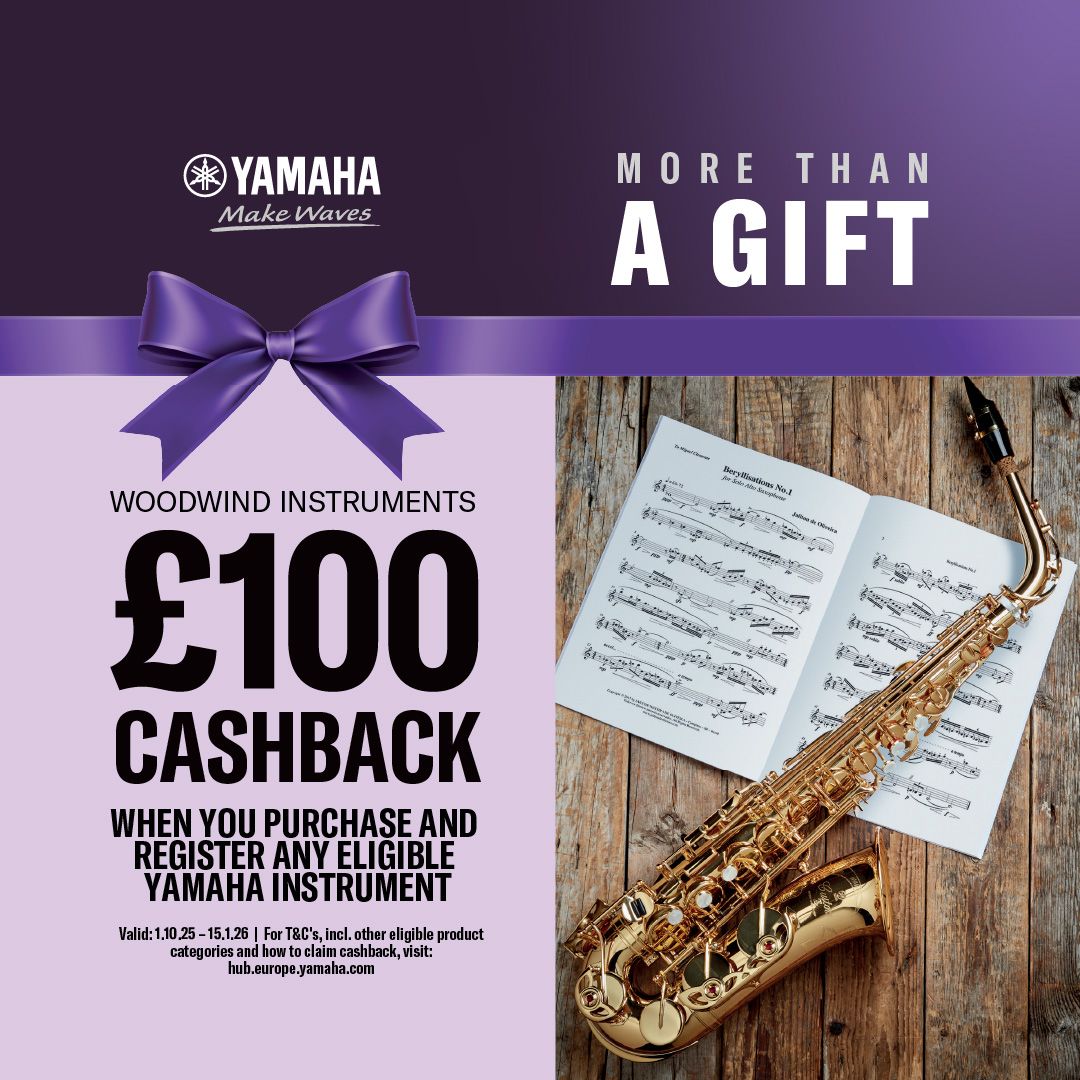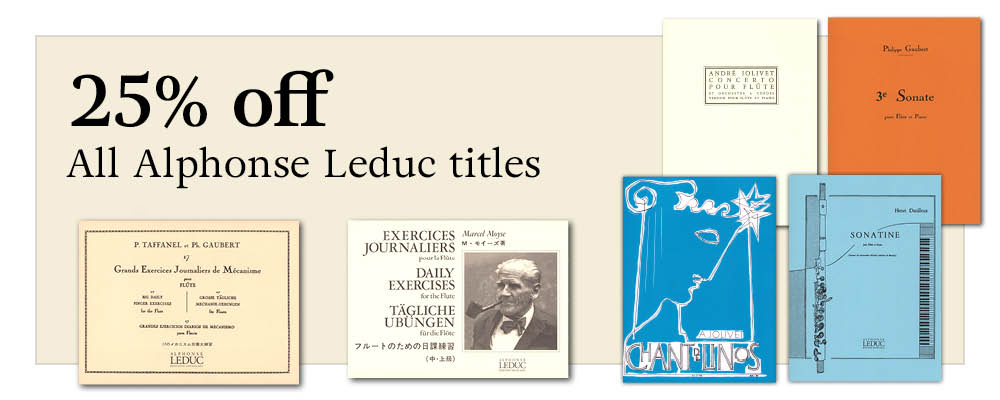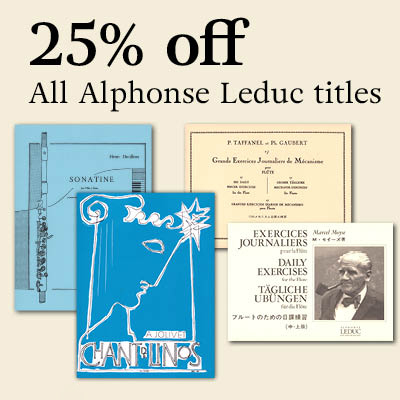Freezone for Recorder and PianoIncludes CD
From the Publisher
The ten compositions comprised in Freezone are for descant-, treble-, and tenor recorder, piano and percussion. The ensemble playing between recorder, piano and percussion is the most vital aspect. Other instruments such as flute, guitar or bass can be added.
For this reason the guitar chords were added in order to give an orientation and also to make room for more accompanying possibilities besides a piano. However, since the works have not been conceived for guitar they cannot be translated 1:1 and therefore some works such as We see the same stars require more technical proficiency than for example Der Frühling kommt and The flute move, which can easily be tackled by less advanced players.
Notes on the percussion part
All pieces, Zwischen Licht und Schatten I, We see the same stars and Der Frühling kommt exempted, have an extra percussion part. These are basic rhythm patterns that can be expanded and varied according to the player's abilities and which instruments are at hand. The basic gesture of the rhythmic pattern should however be retained. Suitable percussion instruments are cajon2, djembé, conga, bongo, crash-cymbals, cymbals i.a. The percussion part has four different pitches (see below) that should be kept in mind when performing. The changes of instruments in the percussion accompaniment during the pieces as one can hear on the recording and as indicated in the music are only suggestions that can be adapted individually according to the situation and the available instruments. One should only make sure that the segments in question have a different timbre.
BD = bass drum (dark sound)
T = tom (middle sound)
SD = snare drum (high sound)
C = crash cymbal
Notes on the solos
Some of the works have short improvisations for recorder (Zwischen Licht und Schatten II, Air exotique, The flute move) as well as a percussion solo (Fête médiévale).
The recorder solos can be played exactly as they have been written down or can serve as an orientation or starting point for one's own improvisation. This will help improve the interaction between the three instruments, make the composition sound more authentic and boost the performer's creativity.
Zwischen Licht und Schatten II
The d minor scale (d-e-f-g-a-b flat-c-d) serves as material to improvise with. This corresponds to the key the piece is written in. To get into the mood one can also begin with the notes of the d minor pentatonic scale (d-f-g-a-c) and then gradually expand the range (even beyond d minor).
The flute move
Here it may be useful to use the notes of the a-blues-scale: a-c-d-e flat-e-g-a. It is not so much a matter of playing many notes than developing rhythmic motives that will make the flute groove and generate improvisations.
Air exotique
As mentioned in the introductory notes, here it is not so much a matter of performing particular notes than sounds that can be produced on the recorder according to the player's imagination and creativity. One possibility is to blow the recorder like a flute so that much air is breathed above the mouthpiece.
A few important general remarks on successful improvisation:
− Treat notes just like words (if you say something, pronounce it clearly).
− Tell a story during the solo passages.
− Listen carefully to what you are playing. Develop your idea.
− Do not show all you can do in one solo but find the right balance.
− Rests are also music!
Translation: J. Whybrow
Hamburg, April 2012, Annette Ziegenmeyer
1 Exceptions: Zwischen Licht und Schatten II, We see the same stars, Der Frühling kommt
2 The cajon has many advantages as percussion instrument. On the one hand it is inexpensive and can be fabricated with little effort (price approx. 30 Euro). On the other hand the "groove-box" (the term is Spanish and means "box") is easy to transport, always ready to be played upon, has a large dynamic range and a variety of sounds like bass drum, snare and others.
Contents
- Zwischen Licht und Schatten I
- Zwischen Licht und Schatten II
- Air exotique
- Der Frühling kommt
- Freezone
- The flute move
- We see the same stars
- Karamel-Karawane
- Der Dachs und die Schlange
- Fête médiévale
Item Details
Our Stock Code: 1497298Instrumentation
- Part 1: Descant Recorder or Tenor Recorder or Treble Recorder
- Part 2: Piano
- Part 3 (Optional): Percussion
Category: Descant Recorder Repertoire
Publisher: Girolamo Musikverlag
Publisher's reference: G 21.004
Media Type: Paperback - Score and parts; includes accompaniment CD
Country of Origin: Germany
HS Code: 49040000



